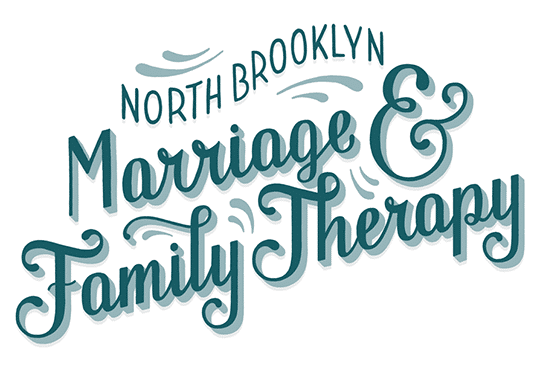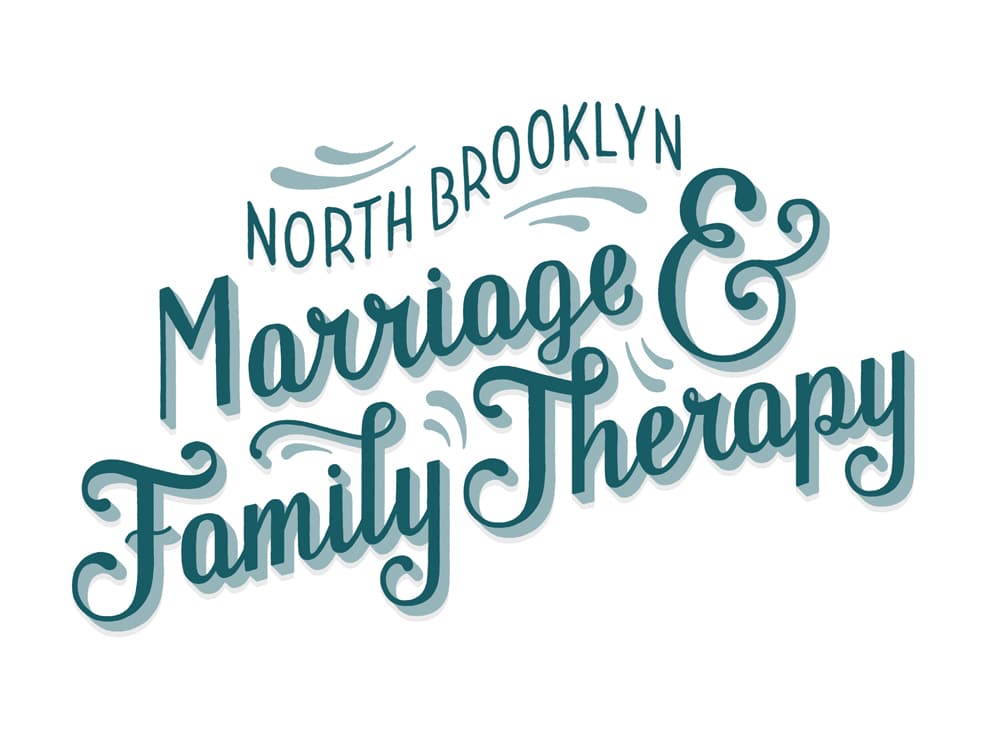What Is Family Therapy?
Family therapy is a warm and welcoming form of therapy designed to help families connect deeper and solve problems together. During sessions, a trained therapist will guide your family in talking openly, understanding each other more deeply through perspective taking interventions, and finding healthy ways to handle challenges like communication issues, parenting struggles, mental health concerns, or life changes. It’s a safe space where everyone can share their thoughts and feelings, learn new ways to support each other, and build stronger, happier relationships. Whether you’re facing specific issues or just want to get closer as a family, family therapy is here to help you navigate life’s ups and downs together.
“A family that laughs together, lasts together.” –Emily Shapiro
How does family therapy work?
Family therapy works by providing a safe and flexible environment where family members can address and resolve their issues with the support of a trained therapist. Here’s how the process generally unfolds:
Initial Assessment
In the first meeting, the therapist meets with the family to get to know them and better understand the issues, gather background information, and identify some of their goals for the therapy process. During the assessment phase, the therapist may use questionnaires or interviews to collect detailed information about the family’s history, relationships, and specific problems.
Therapy Sessions
Family therapy sessions typically occur once a week and last 45 minutes. Depending on the issues at hand, all family members or only those directly involved in a specific problem may participate in the sessions. The therapist employs a variety of techniques tailored to the family’s specific needs, including role-playing, perspective taking, communication exercises, and conflict resolution strategies. By drawing from multiple approaches and theories, the therapist can best support the family in their unique situation.
Goals and Progress
The therapist helps the family turn expectations into achievable and flexible goals for what they want to accomplish through therapy. Regular check-ins are conducted to assess progress toward these goals, and the therapy plan is adjusted as needed. To reinforce learning and practice new skills, families might receive tasks or activities to complete between sessions.
Ending Therapy
As therapy nears its conclusion, both the therapist and the family assess the goals that have been achieved and address any remaining issues that the family can handle using the skills acquired during therapy. The conclusion of therapy occurs when the family feels confident in their ability to continue applying these skills independently, having achieved their goals.
What are the benefits of family therapy
Family therapy offers a multitude of benefits that contribute to the overall well-being of individuals and the family unit; the whole is always greater than the sum of its parts. Through therapy sessions, families can experience improved communication, fostering healthier interactions and a deeper understanding among members. This enhanced communication often leads to strengthened relationships, characterized by increased empathy and support within the family. Moreover, family therapy equips families with effective conflict resolution skills, enabling them to navigate disagreements constructively and cultivate a more harmonious household environment through setting healthy boundaries and increasing autonomy. Individuals also have the opportunity for personal growth and self-discovery as they gain insight into their behaviors and their impact on family dynamics. Additionally, family therapy provides crucial support for individuals dealing with mental health issues, offering coping strategies and a supportive environment. Parents can benefit from learning effective parenting skills and addressing any challenges they may face in their roles. Family therapy also serves as a valuable resource during times of crisis, providing support, coping mechanisms, and a safe space for processing emotions. By establishing healthy boundaries and roles, families can promote respect and autonomy among members, ultimately reducing stress levels and fostering long-term resilience. The skills and insights gained in family therapy extend beyond the therapy sessions, laying the groundwork for continued growth and resilience in the face of future challenges.
Rebecca Mae names that family therapy can help “clients experience a sense of peace, almost like taking in a breath of fresh air”
When to go to family therapy
Family therapy can be beneficial in various situations, serving as both a proactive and reactive measure to address issues within the family unit. Knowing when to seek family therapy is essential for maximizing its effectiveness. Families may consider family therapy when facing challenges such as communication breakdowns, unresolved conflicts, or significant life transitions like divorce or remarriage. Additionally, family therapy can be preventative, offering a proactive approach to strengthening family bonds and addressing potential issues before they escalate. It can be particularly beneficial during times of transition, such as adolescence, to navigate changes in family dynamics and promote healthy relationships. Ultimately, whether addressing existing concerns or proactively enhancing family well-being, family therapy provides a supportive environment for families to grow, heal, and thrive together.
What problems can family therapy help solve?
Family therapy can be useful when you encounter the following issues:
- Communication problems
- Conflict resolution
- Parenting challenges
- Marital or relationship issues
- Behavioral problems in children or adolescents
- Substance abuse or addiction within the family
- Mental health concerns, such as depression, anxiety, or trauma
- Adjustment to major life transitions, such as divorce, remarriage, or relocation
- Grief and loss
- Family roles and boundaries
- Intergenerational conflicts
- Managing chronic illnesses or disabilities within the family
- Cultural or identity issues within families
- Financial stressors impacting family relationships
- Trauma
- Work stress
What Are the Most Common Types of Family Therapy?
1. Supportive Family Therapy
Supportive Family Therapy is often used to help family members expressing their feelings regarding a problem that is affecting the entire family. This type of family therapy provides a safe and open environment in which everyone can express who they feel. This is an opportunity for families to get together, and openly talk about the issues plaguing them, as well as an opportunity for the therapist to offer practical advice.
“While recognizing that family therapy can sometimes be uncomfortable, I ensure that it is never painful, as I work to foster an environment of trust and safety.” – Rocky Tishma
2. Cognitive-Behavioral Therapy
Cognitive-Behavioral Therapy (CBT) techniques attempt to change the ways people think or behave in order to reduce or get rid of the problem. The therapist may assign each individual family member with homework tasks to complete or specific behavioral programs might be drawn up.
3. Psychodynamic ideas
Psychodynamic ideas used in family therapy tends to look more into the individual’s own unconscious (sometimes called subconscious) minds. This type of therapy attempts to reduce problem(s) by uncovering the underlying problems. It is the hope of many therapists who use this method that, by providing the individuals with the real reasons for strife, family members will be able to deal with—and work through—their difficulties more successfully.
4. Systemic Family Therapy
Systemic Family Therapy puts emphasis on the entire family’s feelings. It attempts to identify the problems within a family dynamic, as well as the ideas and attitudes of the entire family to uncover what may be going on with the family as whole. Once the therapist has a full understanding of these areas, he or she may attempt to shift the problem(s), attitudes, relationships, to a position that is more beneficial, less damaging, or simply more realistic.
How to Find a Family Therapist
When searching for a therapist, several factors should be taken into account. Below is a compilation of questions designed to assist you in finding the therapist who best aligns with your needs and those of your family.
- Experience and Training: Inquire about the therapist’s experience working with families and their specific training in family therapy.
- Approach to Therapy: Understand the therapist’s theoretical approach to therapy and how they tailor their methods to fit the needs of each family.
- Availability and Logistics: Determine the therapist’s availability for appointments, office location, and whether they offer teletherapy options.
- Fees and Insurance Coverage: Choose a therapist whose fees are financially comfortable for you and your family.
- Family Participation: Learn about the therapist’s expectations for family members’ participation in therapy sessions and any homework assignments.
- Specialization and Expertise: Ask about the therapist’s experience with specific issues your family may be facing, such as communication problems or parenting challenges.
- Cultural Competence: Assess the therapist’s cultural competence and sensitivity to your family’s cultural background and values.
- Goal Setting and Progress: Discuss how the therapist collaborates with families to set goals for therapy and track progress over time.
- Intuition and Compatibility: Trust your intuition and consider how comfortable you feel with the therapist’s demeanor, communication style, and overall approach to therapy.
By asking these questions and carefully considering your options, you can find a family therapist who aligns with your family’s needs and supports you towards positive growth and change.
Jem Wong “co-creates a space with you where you will feel understood, supported, and validated in a safe and empowering way.”
Get Started with one of our family therapists today
At North Brooklyn Marriage and Family Therapy, our team of expert therapists can help you and your family members pinpoint the specific problems and execute a plan of action that can fix the turmoil. Contact us today and speak with our intake coordinator who can help you navigate the journey toward your first session with your new family therapist.


